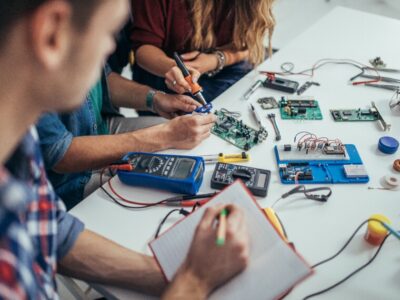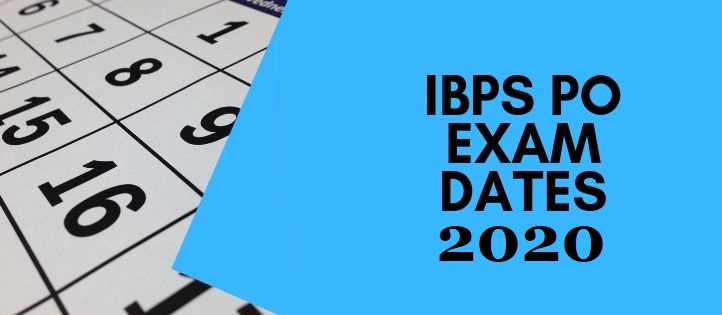
Parents bring their children to preschool to prepare them for regular school. They see the benefits of getting into one that has the perfect blend of early childhood education programs. Learning centres develop concentration, critical thinking, problem solving, resilience, and empathy in children. It equips kids by expanding their numeracy and literacy skills while encouraging a lasting love for learning at the same time.
An early learning facility aims to impart all that to children as young as two years old onwards via the use of activities such as games, play, music, art, and focus training. The reason for this is that children learn more when their interest is piqued. Having relevant and timely early childhood education programs allows for better learning, more skills, and the best knowledge retention. These occur due to five basic principles of development for young children.
- Children first
Children have different developmental needs, while encouraged to explore and examine their environment. A program that puts and considers children first ensures that each one takes a proactive role in self-education. The curriculum must have developmentally appropriate activities based on the age and maturity of the child.
- Any given situation is an opportunity for learning
The moment a person wakes up, any situation can happen. It is no different for a child. A curious kid will learn a lot of things. But one who feels loved and respected will go places because of the belief that any task is achievable.
The role of a parent or educator is to guide the children throughout the experience. It is also their responsibility to correct them if necessary while allowing them to be independent. With this, they learn and develop the determination and patience to make life-changing decisions in the future.
- The partnership between the parents and educator is essential
A confident child has more enhanced creativeness and confidence compared to one that is not. So children should always have the support of their parents and child-care educators at every learning stage. This ideal theory is the reason why early childhood education works for all young children.
- Development and learning progress differs in each child
Not all kids are born alike, especially in the field of learning. Children learn at their own pace and timing. You cannot force them to learn something they are not ready for, even though they are at the same age level as their peers. This principle is strongly upheld in early childhood development, which makes each curriculum safe for each child.
- Competent educators become educational innovators
When others have set a good or bad example around children, it unconsciously becomes part of their behaviour. This statement shows why a competent educator is vital in early childhood learning. To further help them, a teacher must know what they are imparting and be sensitive to their talents and needs. Having a good knowledge of acceptable and updated teaching practices will show parents and guardians that they are trustworthy and respectable mentors to their children. It enhances their teaching methods and allows the child to learn more from them by encouraging creativity and innovation.
The children are the future. So it is essential to set a solid foundation that they can naturally grow into. Since early childhood development principles are more child-centric, the children will grow into better, resilient human beings who can adapt to any situation and will not break under pressure.










